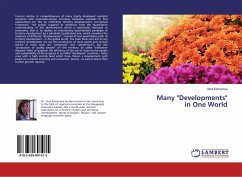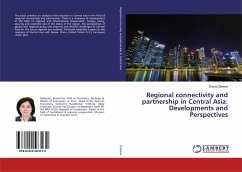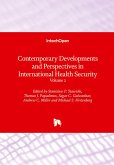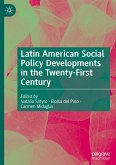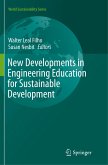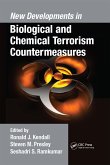Current decline in competitiveness of many highly developed capitalist countries with innovation-driven economy stimulates scientists to find explanations for this by rethinking territory development's conceptual framework. The author suggests to withdraw from the quantitative understanding of this phenomenon which is specifically restricted to economics, that is, to replace an evolutionary (quantitative) paradigm of territory development by a pluralistic (qualitative) one, which considers the existence of different "developments" - instead of one quantitative path of territory development - in the global world. The main focus and aim of any territory development are not the production of more goods and services (which in many cases are "antigoods" and "antiservices"), but the "production of quality people" on this territory. So called "civilization diseases" make us question the efficiency of the use of resources by people and sustainability of the progress in so called "developed" countries - those ones with a high income level which have chosen a development path based on a market economy and consumers' society - as well as about their further growth capacity.
Bitte wählen Sie Ihr Anliegen aus.
Rechnungen
Retourenschein anfordern
Bestellstatus
Storno

